

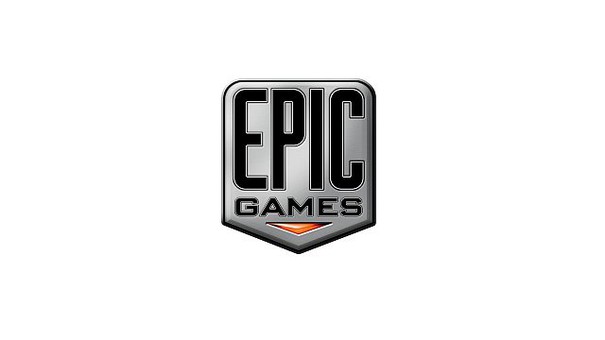

So. We're sat in a presentation at GDC. Mark Rein, Epic's VP of Making Noise, is showing off the new bells and whistles for the Unreal 3 engine, like a carnival hawker trying to sell you his magic cloth.
"This cloth cleans all known types of shader, and now supports Wii U, Vita, Android and Flash too." I half-hear him say, "And it's two-fer-the-price-of-one, three for a tenner, I know madame, I can't believe this deal either, I'm cutting my own throat, my boss must have got the numbers wrong so you'd better buy it before he finds out. Cheap as the proverbial chips, madame. What's that, you'll take seven?"
Tired, jaded journalists are deflated before him, ranks of partied-out, pitched-out cynics waiting to hear about the big announcement – Unreal 4 – which, we assumed, was the reason we all came to this briefing.
There's nothing. He shows off the Flash demo, which is PC-quality amazing – but you still need to download the assets, putting paid to our brave dream future of instant PC-quality web content, outside of streaming. Later we saw the Unreal 3 engine running on all its platforms, on a showreel. As he shows off different games for each system, it's hard to compare quality, but Wii U (Aliens: Colonial Marines), iOS (presumably Epic's own Infinity Blade II), Vita (Doctor Who) and Android look like they have progressively lower poly counts than the others – as you'd expect.
He talks bokeh in depth of field (the progressive crystallisation of distant objects not in focus), improved bloom, clothing, shadows. He talks tessellation and displacement, making smoke look amazing, and various improvements on the anti-aliasing of hair. This is all such advanced tech that I expect it's going to look very similar in every game it's implemented in, merely because the effort to make it look good if you change the defaults must be huge. He talks about the advanced lighting and shadows that they're bringing to mobile. He shows off the ridiculously beautiful and easy-to-use animation and editing tools.
Frankly, at this point, I started sketching endless doodles of the number 4. Then, as the session was drawing to an end, he mentioned Unreal 4. In development since 2003. The logo flashed on screen. We held our breath, pens poised. All he could tell us was... that he could tell us nothing about it. It was being shown behind closed doors to developers under NDA and that was that. The logo literally went up in smoke at that point.
Jokingly, one of us volunteered to sign the NDA, just so we could see the engine, see what the hype (unjustified hype, with no facts) was about. Rein laughed, and said that we couldn't sign the NDA, because it wasn't Epic's NDA to let us sign.
Now, I don't normally indulge in this kind of speculation. I wasn't recording what Rein said, and I'm sure I could have been mistaken. (I'm corroborated a little by the president of EEDAR, who's said that Unreal 4 will only be revealed alongside the new hardware). But, if I heard Rein correctly, which company X has the clout to get Epic to only let X-affiliated developers see their new huge engine that Epic seems to want to talk about? And what might they buy?
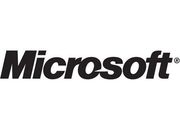
Let's face it, there are three big contenders for exclusives, the three platform holders: Nintendo, Sony, and Microsoft.
Nintendo, I'd discount. They've never gone in for exclusives of this sort, despite their showing of third-party developers for the Wii U announcement at E3 last year. Unless they're really keen to move away from the mainstream market that they've so struggled to win, back to the hardcore FPS gamer... it doesn't sit right.
Sony is more likely. They do make deals like this – like the thatgamecompany three-game exclusive – but they've not done an exclusive tech deal before.
Likeliest of all is Microsoft. They have a huge interest in Epic, through the multi-million-selling Gears of War franchise – which Epic owns the IP for. They've expressed an interest in buying Epic before (in 2008). They also have a track record of buying their key partners – Bungie, Lionhead, Rare – and their technology partners – including Skype, and games-ad company Massive. We've seen them paying through the nose for exclusives with GTA IV and the Call of Duty DLC.
Of course, the fourth option is that one of the big publishers has seen what Bethesda did with id and thought, "Which other engine might be up for sale?" The two options here are EA and Activision. I don't think EA would see enough benefit from buying Epic, especially given they tend to use their own engines like Frostbite. Activision buying Epic might make sense - it gains a big studio, and a hugely lucrative engine licensing business. On the other hand, leasing its engine to EA and Ubisoft would appear to be a conflict of interest with its own games and Epic is much worse value if it can't license the engine.
The final option is that Epic held the demo off for something more trivial - such as Nvidia's GTX 680 Kepler GPU, which Rein was waving around at our demo and which was demoed to tech press behind closed doors at GDC.
"The GTX 680 is amazing and completely redefines what an enthusiast-class GPU is," said Rein in a Nvidia press release about the new GPU. "We have already shown outstanding success with the GTX 680, recently presenting our real-time Samaritan demonstration running on it along with a special preview of Unreal Engine 4 for select developers."
Again, this is plausible, but why didn't Rein just say it was Nvidia's NDA? Nvidia wanted coverage of its graphics card launch, after all.
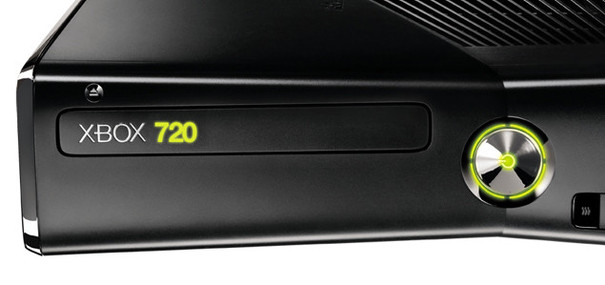
Let's assume, for the sake of argument, that Microsoft are behind the NDA; what might they be paying for? Firstly, that the Unreal 4 demo is based on a Microsoft exclusive - either turning Samaritan into a full game (which Epic has never done before) or it's Gear of Wars 4 - and they want to announce it alongside the new "Durango" Xbox, which fits with the EEDAR President's comments above. Given that Epic can afford to just generate other tech demos (especially if Microsoft are throwing them another huge wodge of cash to keep Gears exclusive to Xbox), this seems unlikely.
Option two: the demo is running on Microsoft's next Xbox hardware. This is also implausible, as developers have told us off-the-record that they already know the planned specifications of the next Xbox and Microsoft has said that it doesn't plan to reveal the next Xbox until E3 next year. At the moment that hardware will just be a high-end PC - which is not something anyone need pay to keep hidden.
Three: that Microsoft or Activision have just bought an exclusive to the Unreal 4 Engine for a given period. Frankly, given the profits Epic would miss and the long-term damage to their position in the engine market, this would cost as much as the final option...
Four: Microsoft has bought Epic and with them the Unreal 4 Engine, and plans to reveal this alongside the next Xbox. Again, like Activision, this would threaten the hugely-profitable engine-licensing side of Epic's business, but Microsoft might not be so concerned about that. Having exclusive access to the engine is what they're paying the big money for, not just Epic's Gears of War IP, and they've paid way over the odds for much smaller pieces of tech before; if anything, pulling Unreal off the market damages the competing platforms a lot more.
Is there anything that might counter the likelihood of a Microsoft exclusivity agreement? Well, the price tag is going to be huge. Microsoft isn't short on cash (revenues hit a record high of $20.89 billion for the quarter ended Dec. 31, 2011) but they're likely to be spending a lot of money on the new Xbox ‘720'. Back in 2008, Mark Rein said that $2 billion was the price he thought negotiations should start at; nowadays, given Epic's market dominance and inflation, the price tag is likely to be a lot higher. Microsoft's willpower might not be strong enough to carry this through, at such a price.

The folly of these thoughts is that we don't know if Epic is up for sale, because we don't know who owns it. It's a private company, based in North Carolina. Though we can look at the history of the company, and a few public records, its ownership is mostly under wraps. We know Tim Sweeney started it as Potomac computer systems in 1991, changed into Epic MegaGames in the same year. Yet, their website gives away very little about them, save that the big names in the company – Mike Capps, Cliff Bleszinski, Jay Wilbur, Mark Rein and Chris Perna – are the company's executive officers. It seems likely that founder Tim Sweeney still owns the company, or at least a controlling share of it.
Capps mused publicly last year about whether Epic would sell out: "We've seen plenty of offers over the past 20 years, so of course we've considered [being bought out]. That's just good business. But weighed against the impact it would have on our culture, and how much we value our independence, it's just never made sense. Let's face it, things are going pretty well here. Why risk messing that up?"
But if Epic did sell out to, or go exclusive with, Microsoft, what would the ramifications for gamers be? Firstly, Unity would become the default development tool for iOS, Android, and the weaker devices - something Rein in particular would loathe. The platform holders on the other side of the deal – PlayStation and Nintendo in this case – would have to look at other engines or use internal solutions. Suddenly, there would be a huge gap in the engine market that CryEngine is in a prime position to take advantage of. This would likely make the third-party publishers extremely unhappy, too, as Unreal is where their developers' expertise lies.
Whatever the situation, the likeliest option in my opinion is that Microsoft or Activision have signed Unreal 4 up for an exclusive, and that means big things for third party developers - and for us as gamers. Can you imagine - no more huge shoulderpads on PlayStation? Or Unreal 4 only being used for Call of Duty, Spider-man and Blizzard's Titan? The ramifications are epic.
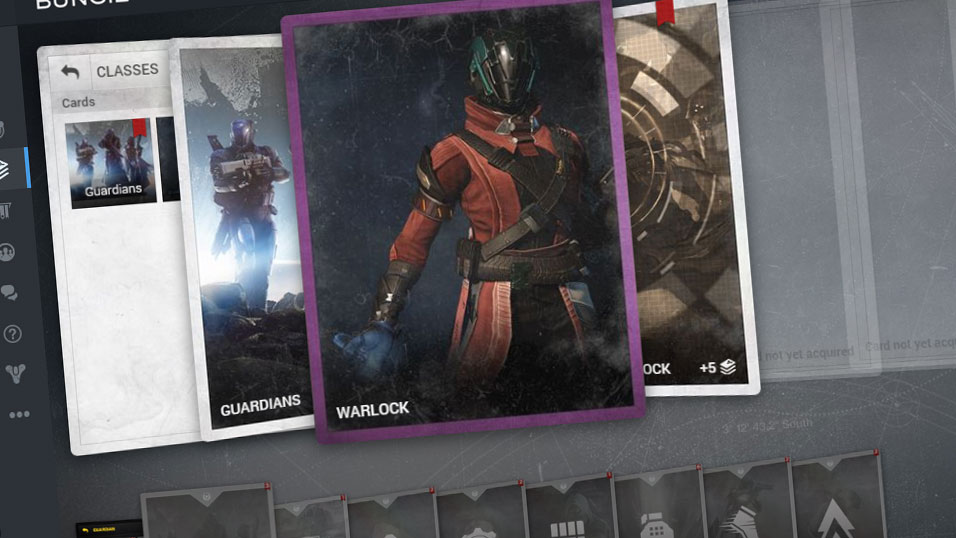
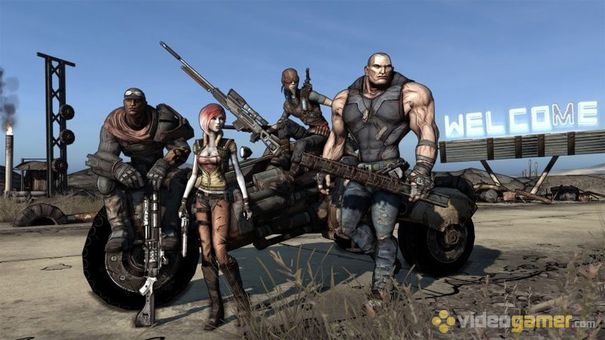

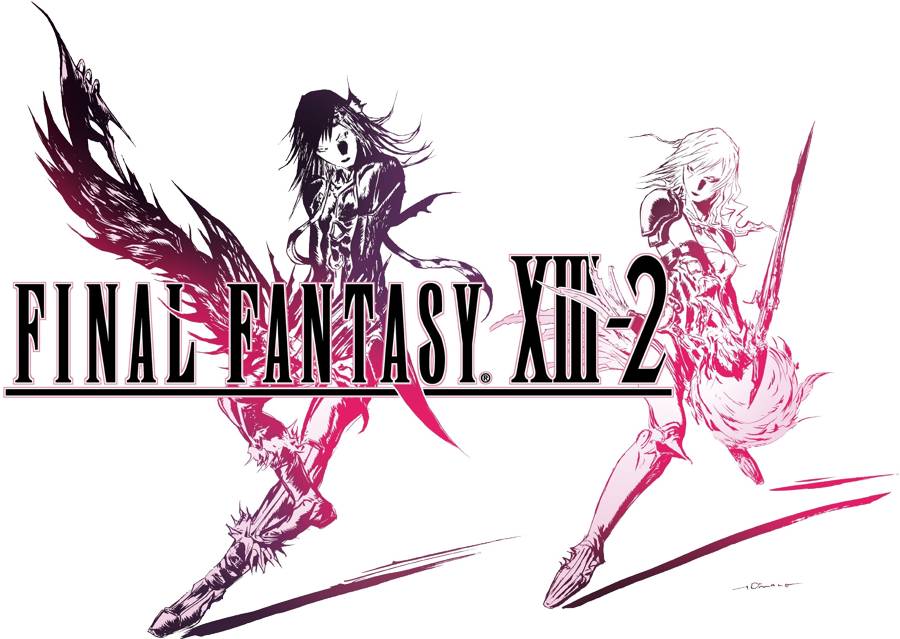
 Steam Series - Mount and Blade Warband
Steam Series - Mount and Blade Warband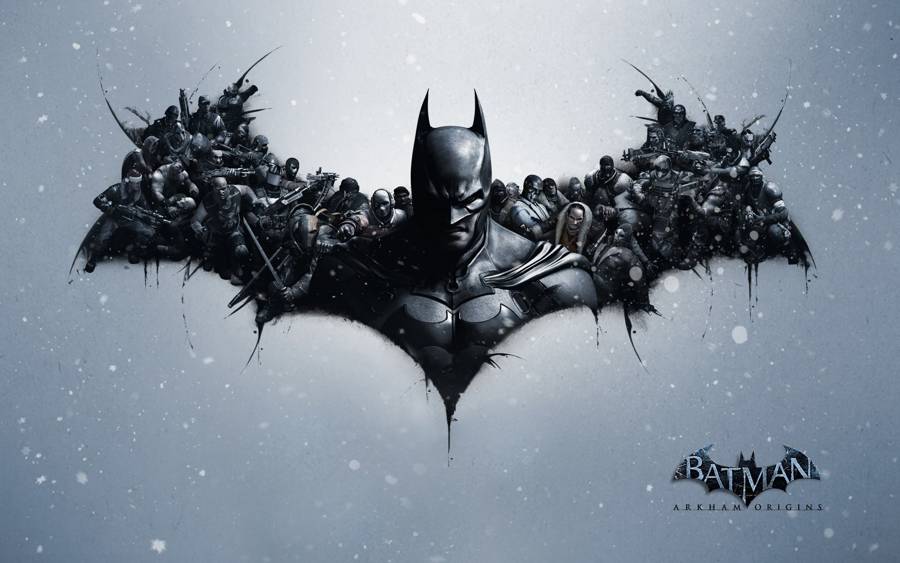 Batman Arkham Origins Guide: Crime Scene Guide
Batman Arkham Origins Guide: Crime Scene Guide Dead Rising 3: Gameplay And Error Fixes
Dead Rising 3: Gameplay And Error Fixes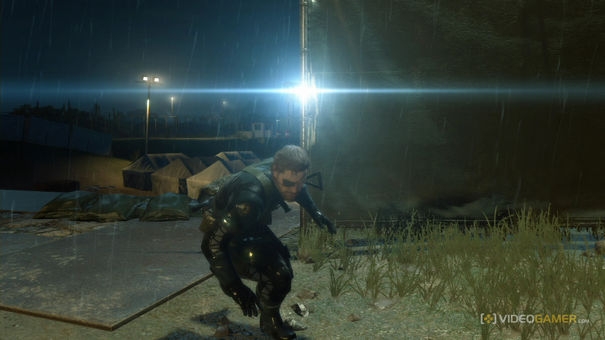 Why Metal Gear Solid 5: Ground Zeroes Is A Joke
Why Metal Gear Solid 5: Ground Zeroes Is A Joke Star Wars: The Old Republic Companion Guide Jedi Knight, Sentinel & Guardian
Star Wars: The Old Republic Companion Guide Jedi Knight, Sentinel & Guardian